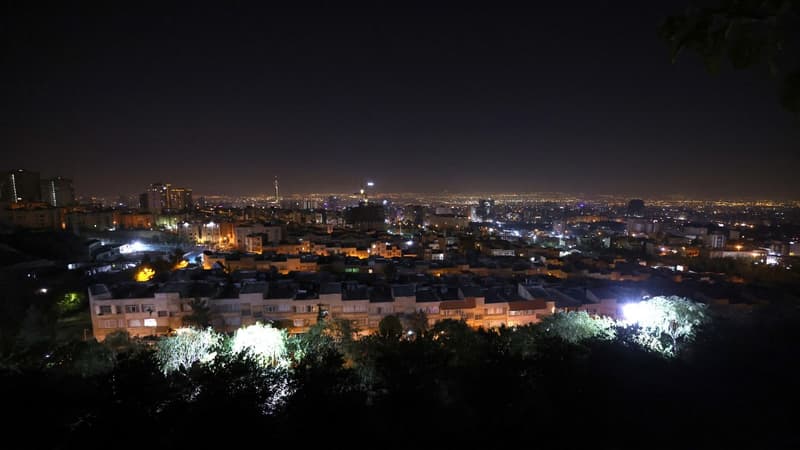A counteroffensive is announced. Israel announced that it had carried out “precise and targeted” strikes in Iran on Saturday, October 26 in response to the October 1 attack, which targeted, in particular, missile manufacturing facilities, with Tehran reporting “limited damage “.
These incursions occur in a context of regional tensions exacerbated for a year by the war in Gaza between Israel and Palestinian Hamas, and its extension to neighboring Lebanon, where the Israeli army faces Hezbollah. These two Islamist movements are allies of Iran, which arms and finances them.
Tehran launched about 200 missiles at Israel on October 1, including several hypersonic missiles for the first time. Israel had promised to make Iran pay for this attack.
military objectives
The military aircraft “attacked missile manufacturing sites… that Iran has been firing at the State of Israel for a year. These missiles were a direct and immediate threat to the citizens of Israel,” the Israeli military said. a press release.
The attacks also targeted “surface-to-air missile batteries and other aerial systems intended to restrict Israel’s freedom to operate in Iran,” he explained, specifying that these attacks had ended.
“Our message is clear: all those who threaten the State of Israel and attempt to engulf the region in a broader escalation will pay a high price,” said Rear Admiral Daniel Hagari, an army spokesman.
“Strong explosions”
The first detonations occurred around 2:15 a.m. local time, mainly west of Tehran, according to the official Irna news agency.
Israel “attacked military centers in the provinces of Tehran and the provinces of Khuzestan (southwest) and Ilam (west)”, bordering Iraq, “as part of an operation that generates tensions,” the Iranian air defense forces said in a statement. . They stated that the attack had caused “limited damage in certain locations.”
Iranian state television reported during the night of “six strong detonations” in the surroundings of the Iranian capital, “linked to the activation of the air defense system.”
After the six explosions reported on state television, AFP journalists heard and saw continuous explosions accompanied by rays of light from the center of the Iranian capital.
Tehran announced the suspension until further notice of all flights in its airspace. “No fire or explosion was reported” at Tehran’s main refinery, local news agency Tasnim said.
“Self-defense”
In Washington, the White House described these attacks as “self-defense maneuvers” and called on Tehran to “cease its attacks against Israel so that this cycle of fighting can end without further escalation.”
The Iranian missile launches on October 1 were presented by Tehran as retaliation for Israeli attacks in Lebanon, which cost the lives of an Iranian general and Hezbollah leader Hassan Nasrallah in late September.
The latter, who had led the Lebanese movement for more than 30 years, maintained close ties with Iran.
Iranian officials also justified this operation as a response to the assassination in their territory, attributed to Israel, of Ismaïl Haniyeh, then leader of Hamas.
In recent weeks, Iran has played with both tension and relaxation, in the face of threats of Israeli retaliation for its missile launches.
Source: BFM TV


